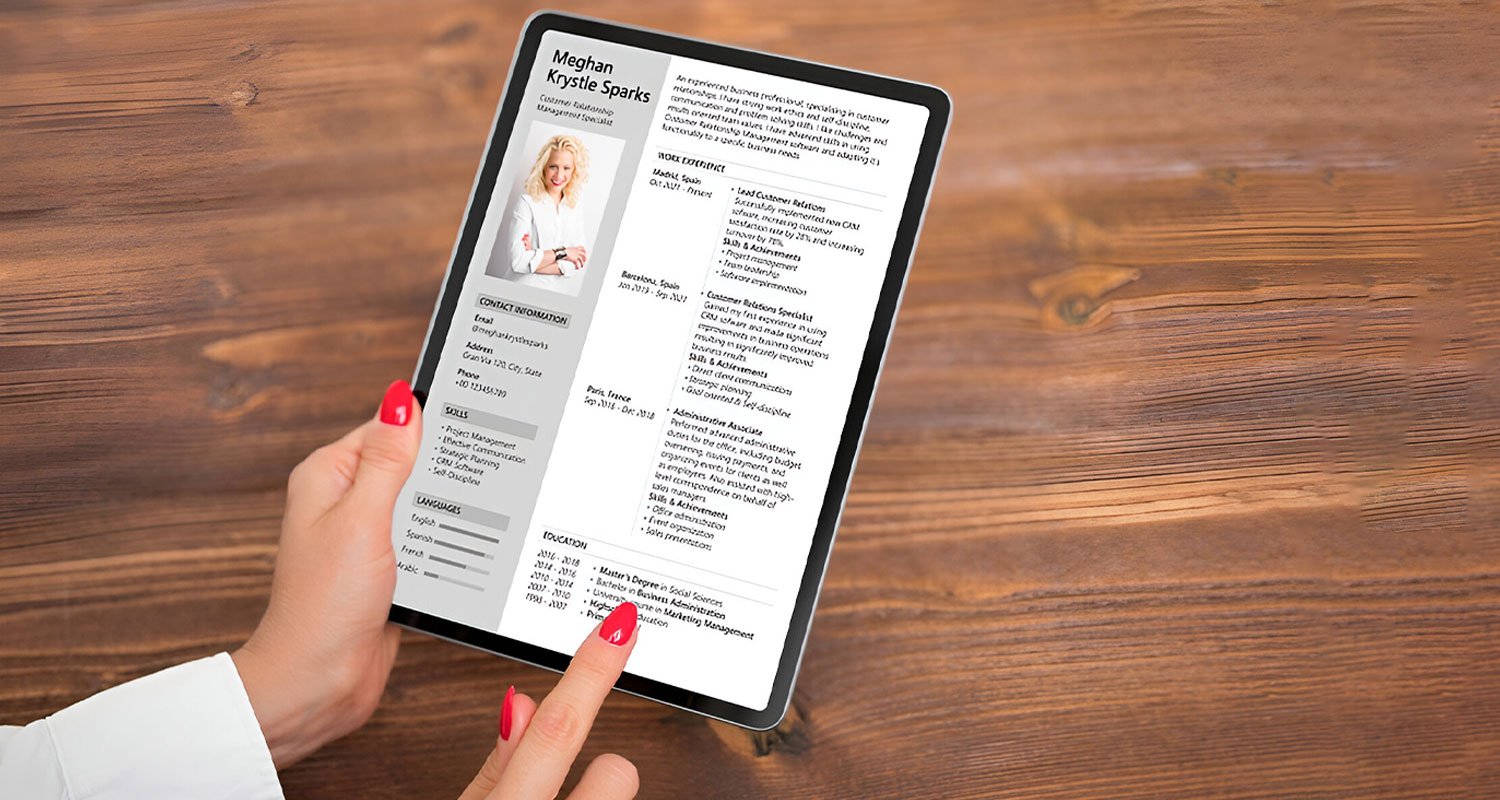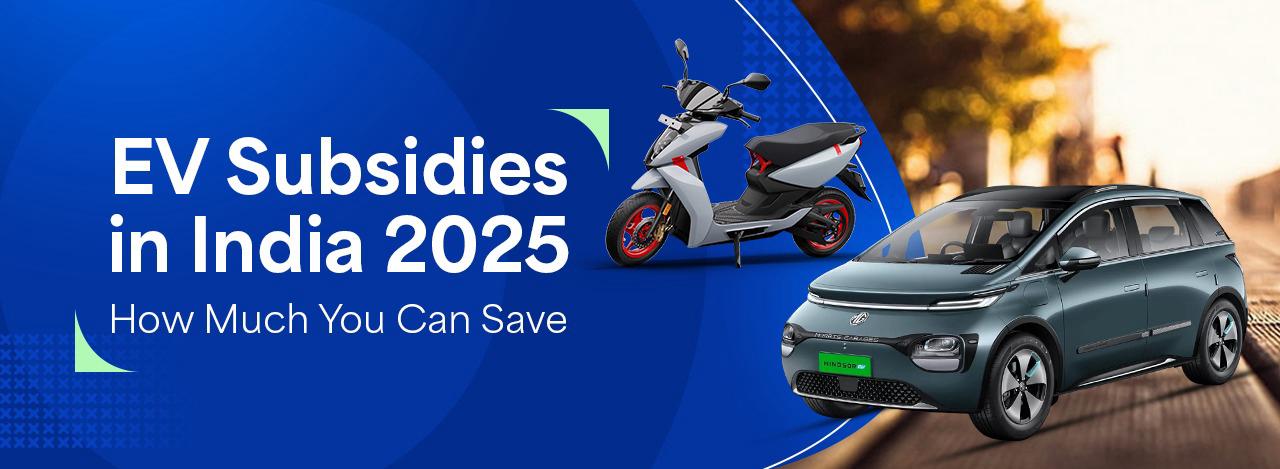If you’re a student or recent graduate stepping into the job market, you’ve likely heard of both “CV” and “resume.” But what sets them apart? Which one should you choose for job applications? Knowing how they differ is key to making a great first impression.
Employers in India and worldwide expect candidates to present their qualifications professionally, and using the right document can make all the difference.
This guide will help you learn about the difference between cv and resume, their unique features, and when to use them to showcase your skills effectively.
What Is a CV (Curriculum Vitae)?
The CV’s full form is curriculum vitae. It is similar to a resume as it highlights your skills and experience. However, CVs are usually longer because they cover more details, especially about your academic achievements and research. For beginners, a CV might be 2-3 pages long, while experienced professionals with many publications often have much longer CVs.
A CV summary is a shorter version, just 1-2 pages long, to give a quick overview of your qualifications and skills. Large organizations sometimes request a one-page CV summary when they expect many applications.
Every resume should match the job you’re applying for, but it must always include:
- Contact info
- CV personal statement
- Educational background
- Employment history
- Skills and expertise
- Research and teaching experience
- Publications and presentations
- Recognition and awards
Also Check – Find jobs
CV Example
This CV sample is for Rahul Sharma, a finance professional with over 5 years of experience. It highlights his skills in financial analysis, credit risk assessment, and team leadership.
Rahul has an MBA in Finance, worked at American Express, and received awards for his performance.
The CV also mentions certifications like CFA Level II, his achievements, and research publications, showcasing his expertise and accomplishments in the finance sector.
Here is a sample of Rahul’s CV.
Rahul Sharma
Email: rshar198@gmail.com
Phone: +91-8800423343
Location: Noida, Uttar Pradesh, India
Personal Statement
Finance professional with over 5 years of experience in financial analysis and process improvement at American Express. Proven track record in analyzing financial information, leading teams, and achieving quality and service level targets.
Education
- MBA in Finance & Marketing
Amity Business School, Noida, Amity University, 2018
- BE in Electronics and Telecommunication Engineering
XYZ College of Engineering, Imphal, Manipur University, 2013
CGPA: 7.59/10
- Gold Medallist for academic achievement
Professional Experience
- Lead Financial Analyst
American Express, Nov 2014 – Apr 2016
- Analyzed financial information of middle and large market US companies applying for Corporate Credit Cards to assess risk and creditworthiness.
- Reviewed Dun & Bradstreet reports and company financial statements.
- Led a team as the subject matter expert, achieving quality and service level targets.
- Recognized with Outstanding Performer and Most Innovative Analyst awards in Apr 2015.
- Analyst
[Previous Company], June 2013 – Oct 2014
- Assisted in the successful conversion of loan portfolio databases.
- Managed requirements artifacts in blueprint requirement management systems.
- Conducted market assessments of emerging markets and competitor performance.
Check Out – Find Jobs In Delhi
Skills and Expertise
- Financial Analysis
- Credit Risk Assessment
- Team Leadership
- Process Improvement
- Customer Service
- Relationship Management
Certifications
- CFA Level II
- CIMA Certifications
- BSI (Six Sigma) Certified
Awards and Recognition
- Outstanding Performer Award, American Express, Apr 2015
- Most Innovative Analyst Award, American Express, Apr 2015
Research and Publications
- Published research paper in [Journal Name].
What is a Resume?
A resume is a short document that highlights your skills, work experience, education, and achievements. Essentially, the resume meaning lies in its role as your professional introduction to employers, showcasing why you are a great fit for a job. A resume is usually one or two pages long and includes key information, including:
- Header: Your name, address, phone number, and email.
- Profile/Summary: A quick intro with your career goal and why you’re a good fit.
- Work Experience: Details of your past jobs and achievements related to the role.
- Education: A short list of your qualifications and degrees.
- Skills: Key abilities that match the job requirements.
Employers use it to quickly understand your background and decide if they want to interview you. It’s important to make your resume clear, organized, and tailored to the job you’re applying for.
Resume Example
This resume is for Rahul Sharma, a finance professional with over 3 years of experience in financial analysis, equity research, and investment strategies.
It highlights his expertise in financial modeling, portfolio management, and risk assessment. Rahul has worked with top firms, delivering strong results like improved ROI and revenue growth.
He’s a CFA Level 2 candidate and holds a degree in finance, making him skilled and well-qualified for finance roles.
Here is the sample:
Rahul Sharma
Address: 123 Green Avenue, Delhi, India
Phone: +91-9876543210 | Email: rahul.sharma@gmail.com
LinkedIn: linkedin.com/in/rahulsharmafinance
Profile Summary
Dedicated finance professional with 3+ years of experience in financial analysis, investment research, and risk management. Skilled in financial modeling and valuation with a strong track record of optimizing portfolio performance. Passionate about leveraging analytical skills to drive strategic financial decisions.
Work Experience
Equity Research Analyst
Margin Sentiment Advisory Pvt. Ltd., Delhi
June 2021 – Present
- Conducted in-depth research and analysis of equities, delivering actionable insights to clients.
- Built detailed financial models to evaluate company performance and forecast earnings.
- Recommended investment strategies, achieving a portfolio ROI of 15% over 12 months.
Junior Financial Analyst
BPS Analytics Pvt. Ltd., Gurgaon
July 2019 – May 2021
- Developed financial models to support decision-making for mergers and acquisitions.
- Performed market analysis, identifying opportunities that increased client revenue by 10%.
- Collaborated with cross-functional teams to implement cost-effective strategies.
Education
- Chartered Financial Analyst (CFA) – Level 2 Candidate (2025)
- B.Com (Hons.) in Finance – University of Delhi (2022)
Skills
- Financial Modeling & Valuation
- Equity Research & Analysis
- Portfolio Management
- Risk Assessment
- Advanced Excel & Power BI
The Key Differences Between Resume and CV
A CV and a resume are both used for job applications, but they differ in content, length, and purpose. This table makes it simple to understand the key difference between cv and resume.
| Resume | CV (Curriculum Vitae) | |
| Length | 1-2 pages, concise | 2+ pages, detailed and comprehensive |
| Purpose | Focuses on skills and achievements | Highlights academic, research, and professional details |
| Usage | Common in corporate job applications | Preferred in academia, research, and certain regions |
| Content | Tailored to the specific job | Exhaustive, listing all qualifications and experiences |
| Format | Flexible and customizable | Structured, following a standardized format |
| Region | Popular in the U.S., Canada, and other Western countries | Common in Europe, Asia, and for academic roles |
| Objective | To showcase suitability for a specific job | To provide a full record of professional history |
| Focus | Key skills, work experience, and achievements | Academic qualifications, research, and publications |
How to Write A Strong Resume Or CV?
Creating a strong resume or CV isn’t just about listing your work and education. It’s about showcasing your skills, achievements, and qualifications in a way that grabs attention in a competitive job market.
Here are some simple tips to make your resume stand out:
1. Choose the Appropriate Format
Choose the right resume format based on your work history and goals. Use reverse chronological format to highlight recent jobs, functional format to emphasize skills if changing careers, or combination format to balance both.
The right structure helps showcase your strengths and aligns with the job you’re applying for effectively.
2. Craft a Compelling Summary or Objective
Start with a brief statement about your career. If you are experienced, focus on your key achievements and skills.
For freshers or career changers, mention your goals and how you want to contribute to the role. Also, make sure to keep it concise, specific, and aligned with the job you’re applying for.
3. Showcase Skills Strategically
Highlight your important skills in a dedicated section to catch your attention quickly. Include both technical skills, like software knowledge, and soft skills, like communication or leadership.
Moreover, focus on skills relevant to the job you want. List them clearly so recruiters can see your strengths easily, making your resume stand out during their review.
4. Highlight Key Projects
Showcase significant projects that demonstrate your skills and impact. Focus on projects relevant to the job, describing what you achieved and how you solved challenges.
Use specific details, like tools, strategies, or results. For example, mention creating a new system that improved efficiency or leading a team to complete a project within tight deadlines.
Also Check- Find Jobs in Chandigarh
CV vs. Resume: Which one to Choose?
After learning the key differences between a CV and a resume, the big question is: when should you use each one? A CV is ideal for academic applications. It highlights your academic achievements, education, and skills, giving institutions a clear view of your knowledge, management abilities, and any tools or techniques you’ve mastered.
On the other hand, a resume is better for corporate jobs in the public or private sector. If you’re applying for your dream job, now you can confidently decide whether to go with a CV or a resume.
The Bottom Line
Understanding the difference between a CV and a resume can help you apply confidently for the right opportunities. A CV is best for academic, research, or global roles where detailed information is needed. On the other hand, a resume works well for corporate jobs that need concise, skill-focused details.
Always tailor your document to the job requirements, highlighting relevant skills and achievements. This small effort can make a big difference in standing out to recruiters and getting closer to your dream role.
Also Read:
























